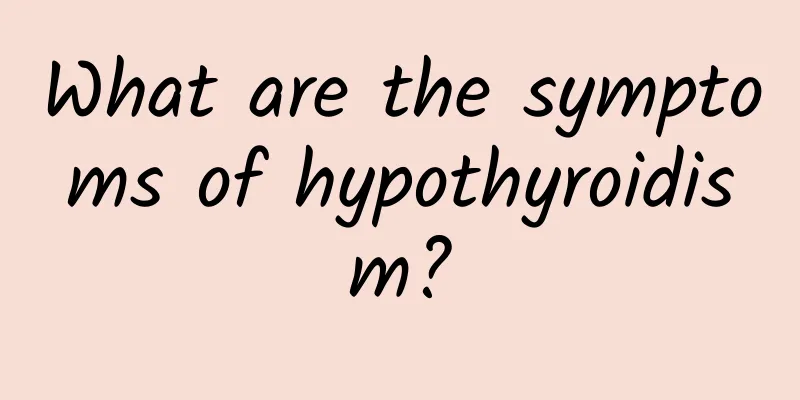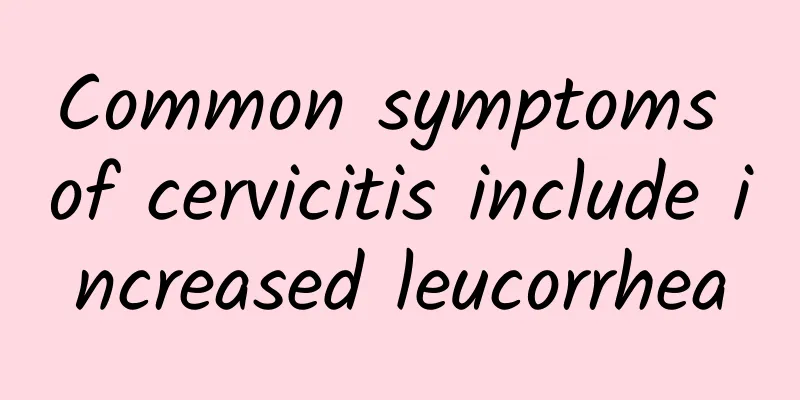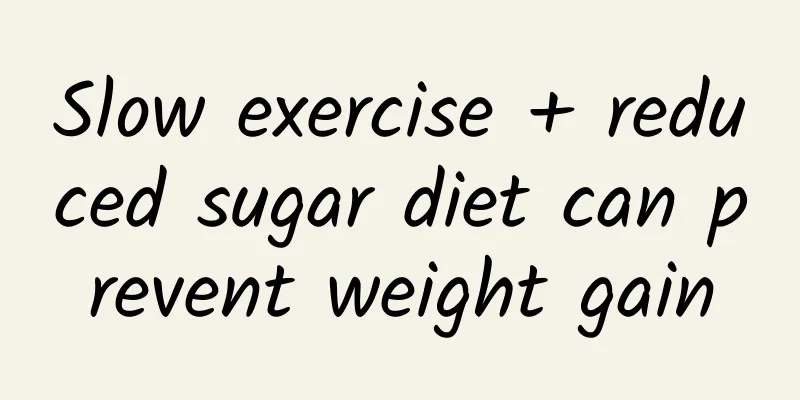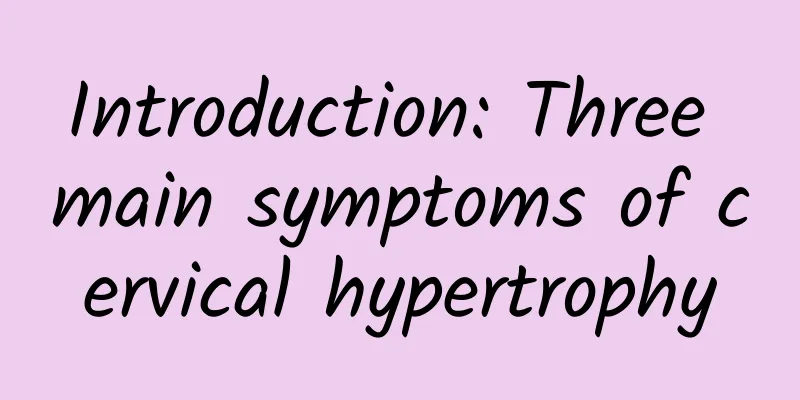What are the symptoms of hypothyroidism?

|
Hypothyroidism, also known as hypothyroidism, is a common endocrine disease characterized by insufficient secretion of thyroid hormones. The symptoms of hypothyroidism can be said to be varied, but the most typical one is a slowdown in body metabolism. You may feel that you are always listless and lack energy, like a mobile phone that needs to be charged but always has insufficient power. Also, weight gain is inexplicable, even though there are no obvious changes in diet and exercise. Let’s take a closer look at other symptoms of hypothyroidism. Many people with hypothyroidism feel cold and uncomfortable, even in a warm environment, and their hands and feet may be cold due to the slowed metabolism. The skin becomes dry and rough, and the hair tends to dry out and fall out, as if there is a problem with the body’s moisturizing system. Hypothyroidism can also affect mood and memory, causing depression, anxiety, or difficulty concentrating, as if the brain is covered with a layer of fog. The impact of low thyroid on the cardiovascular system cannot be ignored. Slow heartbeat, lower blood pressure, and even heart problems may occur. The digestive system is also affected, and constipation becomes one of the common problems. Female patients may also experience irregular menstruation, which affects fertility. It can be said that the symptoms of low thyroid involve almost every system in the body, so it is no wonder that it is sometimes mistaken for other diseases. If you suspect you have symptoms of hypothyroidism, it is important to see your doctor promptly. Your doctor will usually confirm the diagnosis with a blood test to measure levels of thyroid hormone and thyroid-stimulating hormone. The good news is that hypothyroidism can be treated with thyroid hormone medication to help restore normal metabolic function. In daily life, maintaining a healthy diet and lifestyle can also help alleviate the symptoms of hypothyroidism. Eating more iodine-rich foods, such as kelp and seaweed, can help maintain thyroid function. At the same time, moderate exercise can not only improve metabolism, but also help regulate mood. Understanding the symptoms and characteristics of hypothyroidism is an important step for us to pay attention to our own health. Only by taking timely measures can we better manage and improve this condition. |
<<: What does amenorrhea mean?
>>: How to reduce Bartholin's gland cyst
Recommend
There are 5 "flash points" for premature ovarian failure. If you find out now, you can still recover.
Abnormal menstruation, skin deterioration, hair l...
How should women with mild cervical erosion regulate and care for mild cervical erosion? Five points to pay attention to
There are still many patients with cervical erosi...
Early symptoms of ovarian cysts
Early symptoms of ovarian cysts: Ovarian cysts ge...
Patients with cervicitis should stop taking vaginal medication during menstruation
After excluding malignant lesions and controlling...
What are the symptoms of vaginal candidiasis?
What are the symptoms of candidal vaginitis? Cand...
What kind of anti-inflammatory medicine is better to take after abortion surgery? The best choice of anti-inflammatory medicine for abortion
Abortion is a safe and feasible method to termina...
Specific causes of cervical hypertrophy
Cervical hypertrophy is an inflammatory change ca...
Burning 100 calories in 10 minutes is not a dream? Just do these 6 steps
The continuous parties have made you gain a lot o...
Do you know any treatments for ectopic pregnancy?
Do you know any treatments for ectopic pregnancy?...
How to regulate irregular menstruation for women? Three major regulating methods to solve irregular menstruation
Irregular menstruation is mainly caused by bad ha...
Healthy living can prevent the occurrence of functional uterine bleeding
Nowadays, it is not uncommon for adolescent girls...
Several common symptoms of cervicitis
It is understood that many female friends often i...
Be careful when having an abortion, as repeated miscarriages can easily lead to gynecological diseases
There are many complications of abortion. Apart f...
When does menopause usually occur?
Menopause is a stage that everyone must go throug...
Will inappropriate sexual life lead to cervical erosion? What are the dietary treatments for cervical erosion?
Cervical erosion is a common gynecological diseas...









